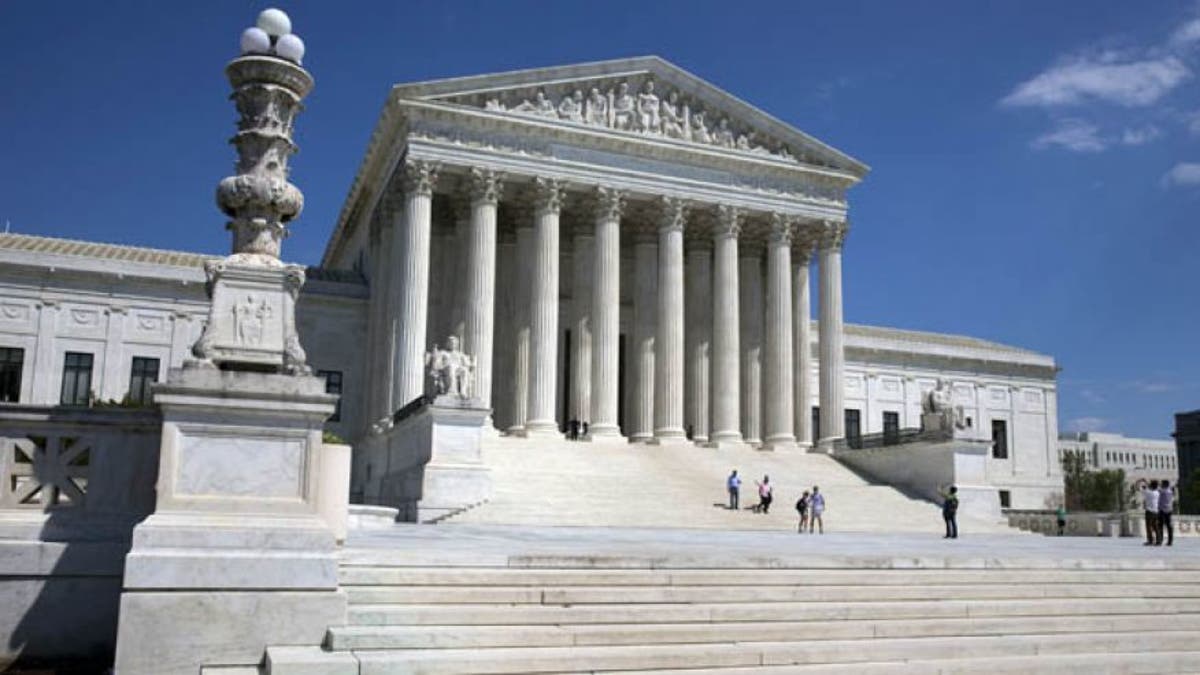
A Supreme Court majority's support for an Arizona police officer involved in a shooting incident has brought a sharply worded rebuke from Justice Sonia Sotomayor.
The high court on Monday blocked a lawsuit against Police Cpl. Andrew Kisela, who shot a Tucson woman four times in May 2010.
Officers were called to Amy Hughes' house following a report that someone was hacking a tree with a knife. Trial testimony showed Hughes refused officers commands to drop the knife she was carrying, and continued to approached her roommate.
Kisela and two other officers drew their service revolvers, and he fired four times in the minute-long incident.
Hughes survived, then sued the University of Arizona Police Department officer, saying he used excessive force and acted unreasonably. She said she never raised the weapon at her roommate or at officers, and that the officer never warned her she would be shot for refusing to drop the large kitchen knife.
A trial court backed Kisela, ruling he deserved qualified immunity from a civil lawsuit. But a federal appeals court reversed it, comparing the Tucson shooting in part to the 1992 Ruby Ridge standoff, where a safely embedded FBI sniper was indicted for manslaughter after shooting a man in the back during a days-long standoff involving the anti-government Weaver family. A deputy U.S. marshal and three members of the extended family were killed.
In Monday's unsigned opinion, the high court majority concluded the comparison "did not pass the straight-face test."
"Suffice it to say, a reasonable police officer could miss the connection between the situation confronting the sniper at Ruby Ridge and the situation confronting Kisela in Hughes' front yard," the justices said.
But in dissent, Sotomayor suggested "Kisela violated Hughes' clearly established Fourth Amendment rights by needlessly resorting to lethal force."
Backed by Justice Ruth Bader Ginsburg, Sotomayor said the case should have gone to a jury.
"Its decision is not just wrong on the law; it also sends an alarming signal to law enforcement officers and the public. It tells officers that they can shoot first and think later, and it tells the public that palpably unreasonable conduct will go unpunished," wrote Sotomayor. "Because there is nothing right or just under the law about this, I respectfully dissent."




